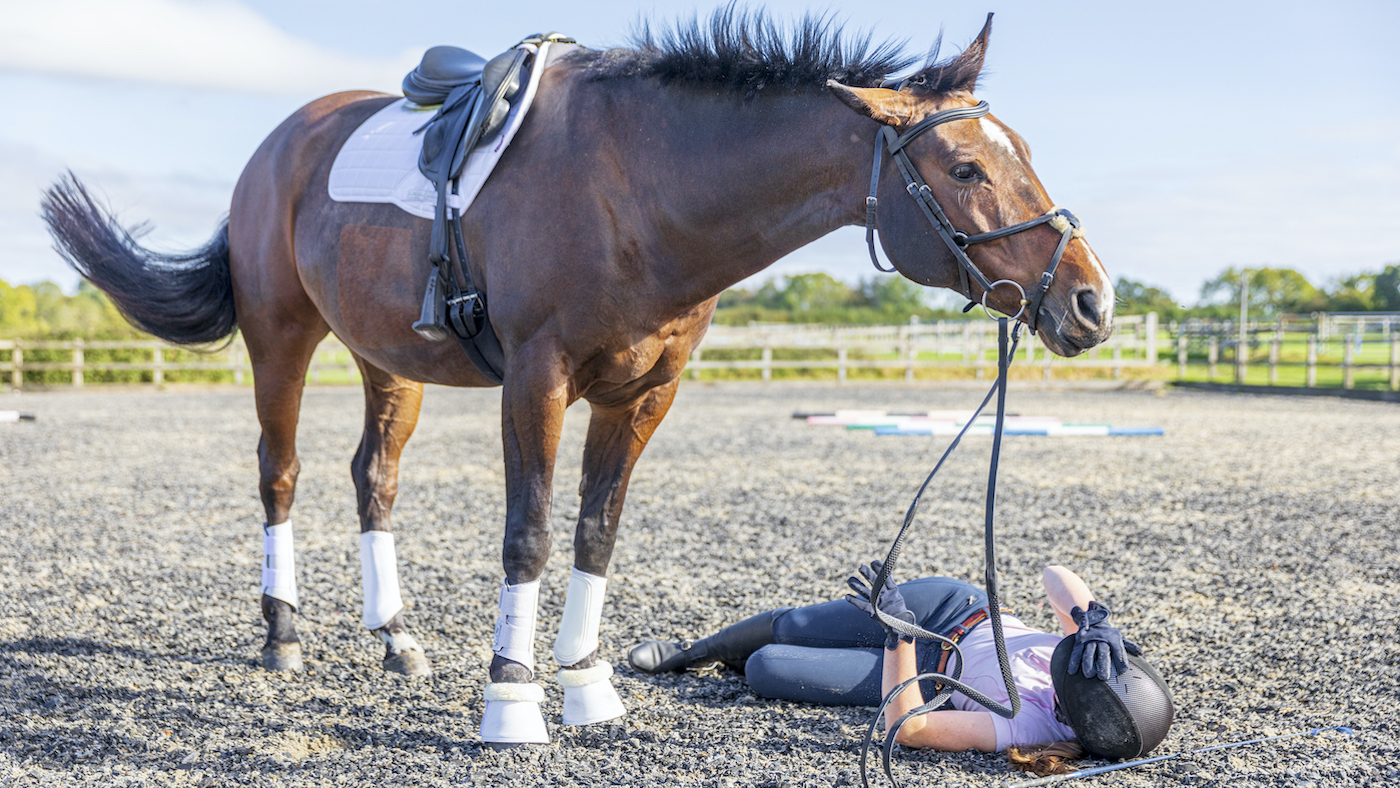
Participating in equine activities can be thrilling, whether riding for pleasure or engaging in competitive events. However, these activities also come with inherent risks that can lead to personal injury. Understanding your legal rights and options in the event of an equine-related accident is crucial for protecting yourself and seeking appropriate compensation under Georgia law.
Liability in Equine Activities
In Georgia, participants in equine activities generally assume some level of risk due to the unpredictable nature of horses. According to Georgia Code § 4-12-1, equine activity sponsors, professionals, and participants are protected from liability for inherent risks associated with these activities, provided they post conspicuous warning signs and comply with statutory requirements.
Negligence and Equine Accidents
Despite these protections, individuals injured in equine accidents may still have legal recourse under certain circumstances. Negligence remains a key factor in determining liability. For instance, if an equine professional fails to provide adequate instruction or supervision, leading to injury, they may be held liable for negligence. Georgia case law, such as Brown v. Dyer, 292 Ga. App. 891 (2008), illustrates how courts interpret negligence in equine-related contexts, emphasizing the duty of care owed by professionals and facilities.
Steps to Take After an Equine Accident
- Seek Medical Attention: Your health and safety should be the priority. Promptly seek medical evaluation and treatment for any injuries sustained in the accident.
- Document the Incident: Gather evidence by documenting the scene of the accident, taking photographs of any injuries, and obtaining contact information from witnesses.
- Report the Accident: Report the incident to the appropriate authorities or property owner where the accident occurred. Ensure an official record is created.
- Consult with a Personal Injury Attorney: Given the complexities of equine accident cases, consulting with a qualified personal injury attorney experienced in handling equine-related claims is advisable. They can provide legal guidance, evaluate the circumstances of your case, and determine the best course of action.
Legal Recourse and Compensation
In Georgia, injured parties may pursue compensation through personal injury claims for damages such as medical expenses, lost wages, pain and suffering, and other related costs. By demonstrating negligence or recklessness on the part of a responsible party, victims can seek justice and fair compensation for their injuries.
Conclusion
Equine accidents can result in serious injuries, impacting victims physically, emotionally, and financially. Understanding your legal rights under Georgia law is essential for protecting yourself and pursuing appropriate recourse in the event of an equine-related injury. By following these guidelines and seeking legal counsel when needed, individuals can navigate the complexities of personal injury claims arising from equine activities effectively.
For personalized legal advice regarding equine accidents and personal injury claims in Georgia, contact a the Law Offices of Kyle E. Koester, LLC for a free consultation.

